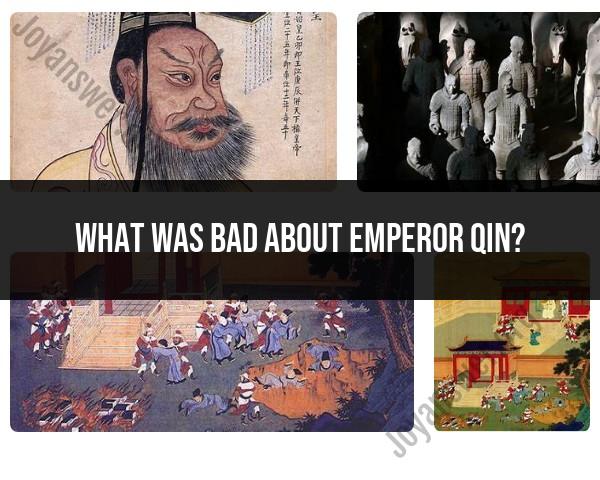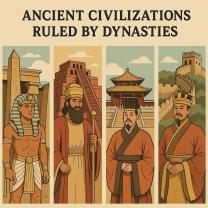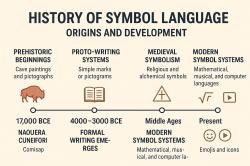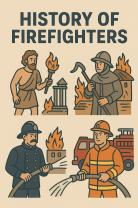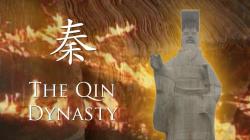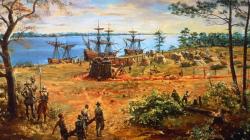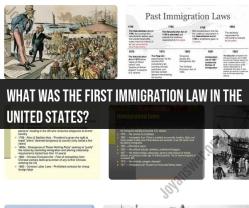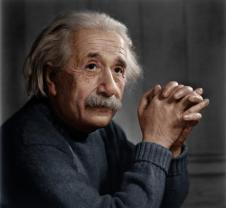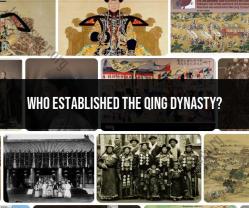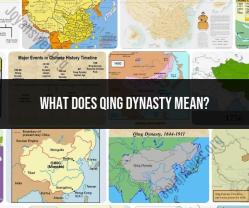What was bad about emperor Qin?
Emperor Qin Shi Huang, the founder of the Qin Dynasty and the first emperor to unify China in 221 BCE, is known for several actions and policies that have garnered criticism and negative assessments. Some of the negative aspects and criticisms associated with Emperor Qin include:
Harsh Legalist Policies: Qin Shi Huang adopted Legalism as the official philosophy of his regime. Legalism emphasized strict laws, severe punishments, and a highly centralized and authoritarian government. His implementation of Legalist policies led to a repressive and autocratic rule, causing suffering and hardship for many.
Persecution of Scholars: Emperor Qin is infamous for his "burning of books and burying of scholars" (Fenshu ke ming) policy. He ordered the destruction of numerous books and historical texts, particularly those related to Confucianism and other philosophical schools that opposed Legalism. He also persecuted scholars and intellectuals, leading to a significant loss of knowledge and cultural heritage.
Forced Labor: The construction of the Great Wall of China, the Terracotta Army, and numerous infrastructure projects during Qin's rule required an enormous workforce. Many of these laborers were conscripted and subjected to forced labor under grueling conditions. Countless laborers suffered and died during these construction projects.
Authoritarian Rule: Qin Shi Huang established a highly centralized and authoritarian government, which curtailed personal freedoms and imposed strict control over the population. His policies and practices limited personal liberties and led to a climate of fear and surveillance.
Tyrannical Rule: Qin Shi Huang's rule was marked by tyranny and ruthlessness. He eliminated potential threats to his power through purges, executions, and widespread suppression of dissent. His paranoia and intolerance of opposition contributed to a culture of fear and insecurity.
Maintenance of a Large Standing Army: To enforce his rule and protect against internal and external threats, Emperor Qin maintained a large standing army, which placed a heavy burden on the population. The military, along with public works projects, contributed to financial strain and resource depletion.
Elixir of Immortality: Qin Shi Huang is believed to have sought the "elixir of immortality," leading to the ingestion of various substances, including mercury, which is highly toxic. Some historians believe that his pursuit of immortality may have contributed to his premature death in 210 BCE.
While Emperor Qin is credited with unifying China and implementing certain reforms that laid the foundation for future dynasties, his rule is also remembered for its authoritarianism, repression, and the harsh treatment of the population and intellectual elites. These negative aspects have led to a mixed legacy, with both praise for his unification of China and criticism for the suffering caused by his policies and actions.
What were some negative aspects associated with Emperor Qin's rule?
Emperor Qin's rule was characterized by a number of negative aspects, including:
- Authoritarian rule: Qin Shi Huangdi was a ruthless and authoritarian ruler who centralized power and suppressed dissent. He used brutal methods to enforce his rule, including public executions and torture.
- Legalism: Qin Shi Huangdi's legalist philosophy emphasized strict laws and harsh punishments. This led to a repressive social and political climate.
- Heavy taxes and forced labor: Qin Shi Huangdi's ambitious projects, such as the Great Wall of China and the Terracotta Army, required heavy taxes and forced labor from the common people. This led to widespread hardship and suffering.
- Burning of books and execution of scholars: Qin Shi Huangdi feared the power of ideas and dissent. He ordered the burning of books and the execution of scholars, in an attempt to suppress Confucianism and other schools of thought.
Controversies and criticisms surrounding Emperor Qin's reign.
Emperor Qin's reign has been the subject of much controversy and criticism. Some historians have praised him for his achievements, such as unifying China and building the Great Wall. Others have condemned him for his brutality and tyranny.
One of the most controversial aspects of Qin Shi Huangdi's rule is his use of authoritarian tactics. He centralized power and suppressed dissent, which led to a repressive social and political climate. He also used brutal methods to enforce his rule, including public executions and torture.
Another controversial aspect of Qin Shi Huangdi's rule is his legalist philosophy. Legalism emphasized strict laws and harsh punishments. This led to a repressive society where people were constantly in fear of punishment for even minor offenses.
Qin Shi Huangdi's ambitious projects, such as the Great Wall of China and the Terracotta Army, also generated controversy. These projects required heavy taxes and forced labor from the common people, which led to widespread hardship and suffering.
The use of authoritarian tactics and policies during Emperor Qin's era.
Qin Shi Huangdi used a number of authoritarian tactics and policies to maintain his rule. These included:
- Centralization of power: Qin Shi Huangdi centralized power in the hands of the emperor. He abolished the feudal system and created a centralized bureaucracy.
- Suppression of dissent: Qin Shi Huangdi suppressed dissent by burning books and executing scholars. He also established a secret police force to monitor the population for signs of dissent.
- Use of terror: Qin Shi Huangdi used terror to intimidate the population and enforce his rule. He used public executions and torture to punish even minor offenses.
How did Emperor Qin's rule affect the common people of ancient China?
Emperor Qin's rule had a significant impact on the common people of ancient China. The heavy taxes and forced labor required for his ambitious projects led to widespread hardship and suffering. The repressive social and political climate also made it difficult for people to live freely.
However, Qin Shi Huangdi's rule also had some positive effects on the common people. He standardized the writing system, weights and measures, and currency. He also improved infrastructure and built roads and canals. These reforms helped to unify China and promote economic development.
Assessing the mixed legacy of Emperor Qin in Chinese history.
Emperor Qin's legacy is mixed. He is both praised and condemned for his achievements. On the one hand, he unified China and built the Great Wall. On the other hand, he was a brutal tyrant who used authoritarian tactics to suppress dissent.
Despite his negative aspects, Qin Shi Huangdi is considered to be one of the most important figures in Chinese history. He unified China and laid the foundation for the Qin dynasty, which ruled for over 400 years. His reforms helped to shape China's culture and society for centuries to come.
Overall, Emperor Qin's rule was a complex and contradictory period in Chinese history. He was a brilliant and ambitious ruler who achieved great things. However, he was also a brutal tyrant who used authoritarian tactics to suppress dissent. His legacy is still debated by historians today.
